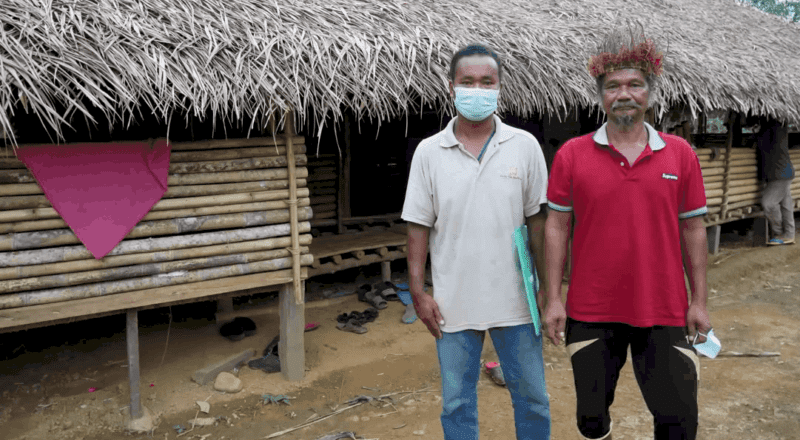Internews in Malaysia in partnership with the European Union, hosted a webinar on September 24, 2021 titled “Demokrasi Alam Sekitar: Akses Maklumat, Urus Tadbir & Penyertaan Komuniti Di Mana?” (Environmental Democracy: Where is the Access to Information, Governance and Community Participation). The webinar was conducted fully in Bahasa Melayu and discussed the intersection of environmental democracy with the information ecosystem, policy, politics and public participation in Malaysia. (The recording has English subtitles.)
According to the World Resource Institute, Environmental Democracy is “rooted in the idea that meaningful participation by the public is critical to ensuring that land and natural resource decisions adequately and equitably address citizens’ interests. Rather than setting a standard for what determines a good outcome, environmental democracy sets a standard for how decisions should be made.”
The online session aimed at addressing the recent wins to revoke degazettement of the Kuala Langat North Forest Reserve and the cancellation of Penang reclamation project through Environmental Democracy, lessons learnt and how citizens can avoid similar environmental injustices from happening in the future. It was moderated by Shereen Abigael Ajani, an Orang Asli (Indigenous Peoples of Peninsular Malaysia) from the Temuan tribe and third year law student at Universiti Malaya.
The webinar featured indigenous and local environmental activists Mustafa Bin Along, Founder of the Jaringan Kampung Orang Asli Kelantan (JKOAK), a grassroots indigenous organisation in Kelantan from the Temiar tribe; Rosnah Senin, a Temuan from the Busut Baru Village in Selangor who also serves as Secretary of the Orang Asli Village Community Administration Council (MPKKOA); and Nur Sakeenah Omar, Public Engagement Campaigner from Greenpeace Malaysia.
Discussions touched on the context of current environmental struggles of indigenous communities in Malaysia and the fundamental rights to access to information, community participation and transparency. The speakers also shared their recommendations to promote a more meaningful environmental democracy in the country – the implementation of which can be a conduit to prosperity for all parties, not just the government but area residents and the Orang Asli.
